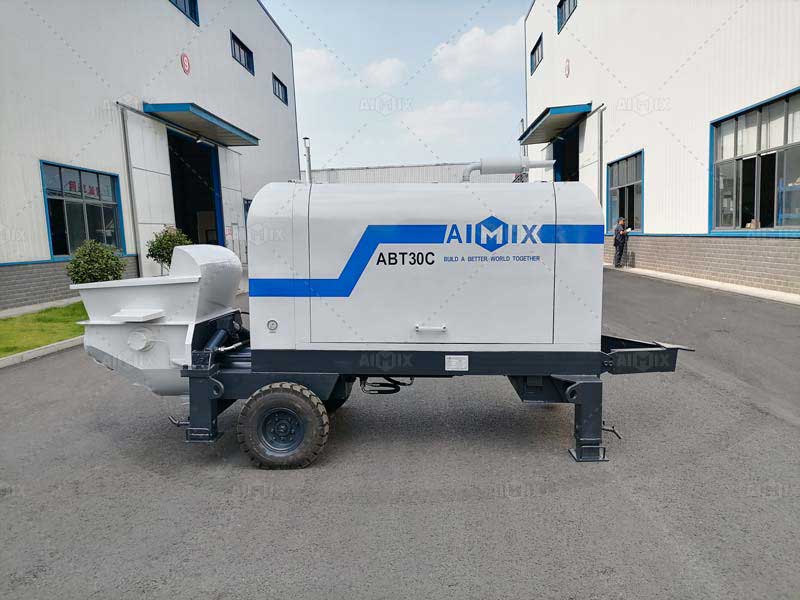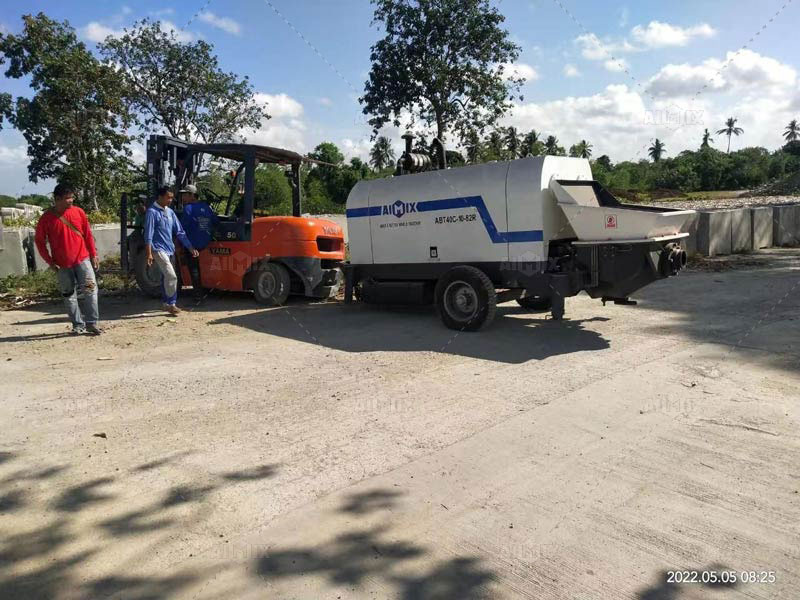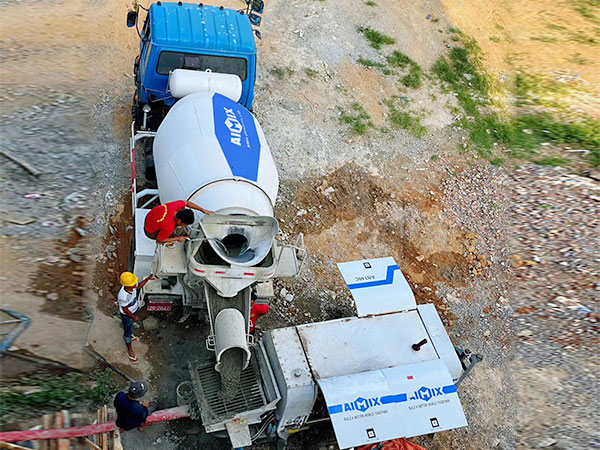Concrete trailer pumps have revolutionized the construction industry, particularly in the realms of foundation and structural work. These specialized machines not only enhance productivity but also improve the precision of concrete placement. As construction projects grow in complexity and scale, the need for efficient and reliable methods to transport concrete becomes imperative. This article delves into the multifaceted advantages of using trailer pumps concrete, their operational mechanics, and key considerations for their effective implementation in construction projects.

Understanding Concrete Trailer Pumps
Concrete trailer pumps are mobile units designed to transport and distribute concrete with remarkable efficiency. They operate by drawing concrete from a ready-mix truck and then pumping it through a series of hoses to the desired location. This method of concrete placement offers unparalleled flexibility for various types of construction projects, especially in challenging terrains.
Operational Mechanics
The operational mechanics of concrete trailer pumps hinge on a straightforward yet sophisticated system. At their core, these concrete pump equipment utilize hydraulic systems to generate the necessary pressure to propel concrete through hoses. Typically, the process begins with the pump drawing in concrete from a supply source, often a mixer truck, through a large intake hose.
Once the concrete is secured within the pump, hydraulic cylinders compress it, creating a high-pressure environment. This pressure is crucial as it enables the concrete to be pushed through long hoses, which can stretch over considerable distances. The versatility of these hoses allows for precise placement of concrete even in hard-to-reach areas, making them particularly valuable for foundation work that requires meticulous attention to detail.

Advantages of Using Concrete Trailer Pumps
Concrete trailer pumps offer a plethora of advantages that set them apart from traditional pouring methods. First and foremost is their efficiency. These pumps can deliver concrete quickly and consistently, significantly reducing the time required for large pours. This speed not only accelerates project timelines but also minimizes labor costs, as fewer workers are needed to manage the delivery and placement process.
Another notable advantage lies in the reduced risk of wastage. The precise delivery mechanism of stationary concrete pumps ensures that concrete is placed exactly where needed, mitigating the likelihood of spillage or overflow. This precision is particularly beneficial in foundation work, where the quality of the pour can directly impact the structural integrity of the entire build.
Moreover, concrete trailer pumps enhance safety on construction sites. By minimizing the need for manual handling of heavy concrete loads, the risk of injury is substantially decreased. Workers can focus on supervising the process and ensuring quality control rather than grappling with cumbersome materials.

Key Considerations for Effective Implementation
While the benefits of concrete trailer pumps are compelling, there are several considerations to ensure their effective implementation in foundation and structural work. Understanding the specific requirements of a project is paramount. Factors such as the volume of concrete needed, the site layout, and the accessibility of the site must all be evaluated before selecting the appropriate equipment.
Site Assessment
A thorough site assessment is essential for determining the feasibility of using a concrete trailer pump. Construction sites with limited access or challenging topography may pose logistical challenges. In such cases, the configuration of hoses and the pump’s positioning must be meticulously planned to optimize efficiency and minimize delays.
Choosing the Right Equipment
Selecting the right trailer pump is equally crucial. Various models exist, each tailored for specific applications and capacities. Factors such as maximum pumping distance, pressure output, and hose length should be considered to align the equipment with the project’s unique needs. Consulting with AIMIX equipment suppliers or industry experts can provide valuable insights into the most suitable options.
Conclusion
Concrete trailer pumps are indispensable tools in modern construction, particularly for foundation and structural work. Their operational efficiency, precision, and enhancement of safety protocols make them a preferred choice for many contractors. However, successful implementation requires careful planning and consideration of the specific project dynamics. By understanding their mechanics and advantages, construction professionals can leverage concrete trailer pumps to achieve superior results, ultimately leading to stronger and more resilient structures.
